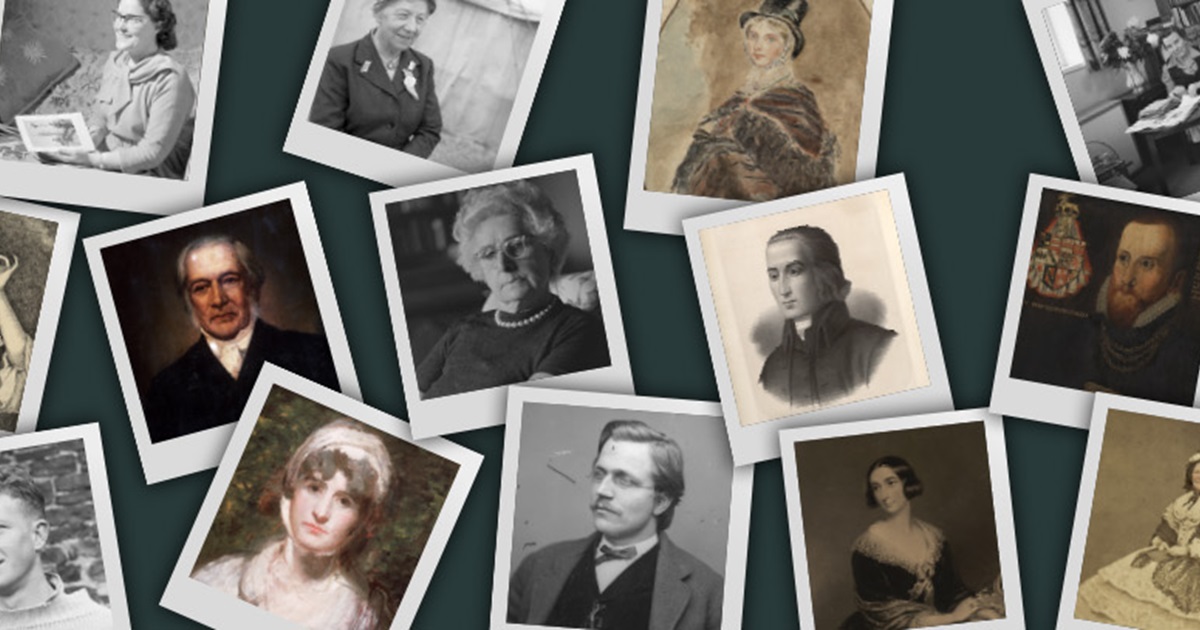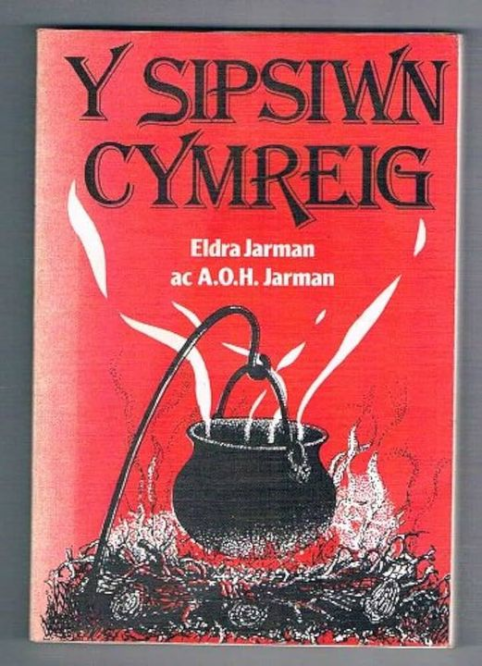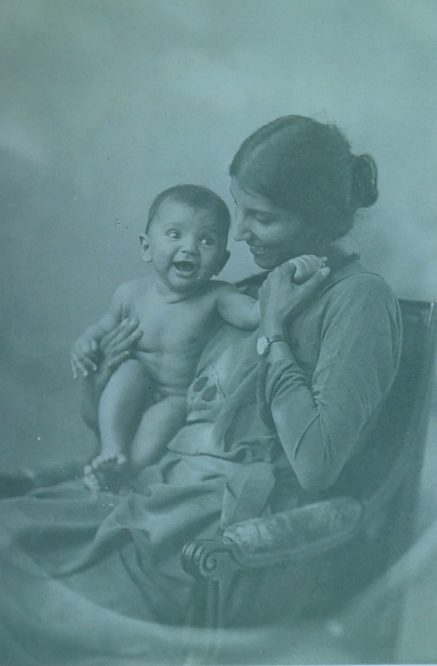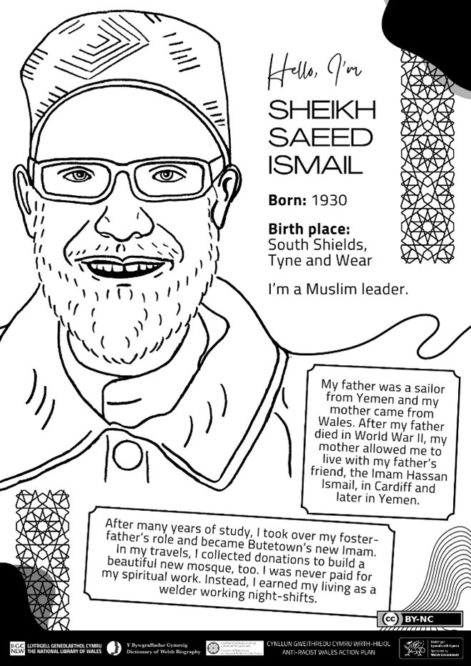Widening representation in the Dictionary of Welsh Biography

Norena Shopland
If you haven’t noticed recently, the Dictionary of Welsh Biography (DWB) is changing.
Originally a print publication, the DWB was established in 1959 under the criteria of Welsh people who have made a significant contribution to Welsh life; but as with most things it was then, and still is, male dominated.
Now, it is a bilingual online resource free for anyone to access and use, and to write for. Meaning you – you can write for it.
Questioned
But what was written in the past, has been called into question. Terms such as ‘Welsh people’ and ‘contributions’ have been questioned. Such as my recent entries for the Ladies of Llangollen – originally from Ireland, it has been asked if they are ‘Welsh people’ but having lived here for fifty years (and are a rare example of people being tied to a place name) how long do people need to live in a country before they can be regarded as of that country?

And what constitutes ‘contributions’ is a pertinent question, as society repositions itself over individuals once lauded, but now seen as pariahs, such as Lord Picton.
Or, what for one community is a contribution to society, is for another an anathema, such as diverse sexuality and gender fluidity.
For the co-publishers at Llyfrgell Genedlaethol Cymru/National Library of Wales and the University of Wales Centre for Advanced Welsh and Celtic Studies, it is not simply a task of increasing the number of ethnicities, women, and other protected categories into the DWB, but having to edit existing entries.
To add in what has been left out, and to update where language use has moved on from older terminology.
Now the DWB considers anyone who ‘made a significant contribution to national life, whether in Wales or more widely’ – but they do have to be dead for more than three years. And thanks to funding from the Welsh Government’s Anti-Racist Wales Action Plan, the Diversity Project of the DWB ‘undertakes new work to improve the representation of Wales’s diverse history.’ (DWB homepage)
The DWB’s Engagement Officer, Rita Singer states ‘The printed historical record can only take us so far in our work and we’re increasingly hitting barriers with our traditional, library and desk-based research because we simply don’t even know historical people’s actual names.
Over the course of the project, we’ve begun to rely more and more on hyper-local community memory, tapping into people’s knowledge of their milltir sgwar in order to rescue historical, underrepresented folk from obscurity.’
Over the last few months, we have seen a range of new entries, fascinating people whose stories deserve more coverage, such as Eldra Mary Jarman (1917 – 2000), a harpist and author of Roma descent.
Born in Aberystwyth, she ‘didn’t consider herself Welsh (or English), either: the Roma were a separate people,’ but she threw herself into Welsh life, learnt the language, wrote poetry and books and researched Roma history in Wales, publishing Y Sipsiwn Cymreig in 1979, and a revised English version with extensive additions, The Welsh Gypsies: Children of Abram Wood, in 1991.

Dorothy Bonarjee, born in Bareilly, India in 1894, enrolled at the University College of Wales, Aberystwyth in 1912 where she started writing poetry, winning the bardic chair at the college eisteddfod for her poem on Owain Lawgoch (‘died 1378, a soldier of fortune and pretender to the principality of Wales’).
Bonarjee continued to write poetry to great acclaim, and often published in The Welsh Outlook, before graduating and moving to University College London, known as the ‘godless college’ as it was the first university in the UK to admit students regardless of their religion and the first to enrol women on the same terms as men.

In 1921, Bonarjee married French artist, Paul Surtel (1893-1985), and they had a son, Denis, who died in infancy, and a daughter, Claire Aruna Surtel.
Bonarjee died in the south of France in 1983.
Another addition to the DWB, is a free downloadable colouring book ‘Enwogion o Fri’ (Famous Celebrities) highlighting ten individuals.

Such as Saeed Hassan Ismail born in 1930 in South Shields, Tyne and Wear, the only son of a Yemeni seafaring father and a mother of Welsh and Italian extraction. Having become a foster son to Sheikh Hassan Ismail, the spiritual leader of Britain’s Yemeni community, Saeed Ismail spent his teenage years in Tiger Bay, as part of one of Britain’s earliest Muslim communities.
He eventually succeeded Hassan Ismail as Imam, aged just twenty-five. A role that was to last for five decades becoming one of Britain’s longest-serving Imams. He died on 23 March 2011, and is buried in Cardiff’s Western Cemetery.
The fascinating new entries can be found on the List of recently added new articles, and if you would like to write an article (about 800 words) the DWB is urgently looking for authors to write about individuals who deserve a place in the Dictionary – a list of all articles that need to be created can be viewed here.
And their e-mail address is [email protected]
Support our Nation today
For the price of a cup of coffee a month you can help us create an independent, not-for-profit, national news service for the people of Wales, by the people of Wales.




